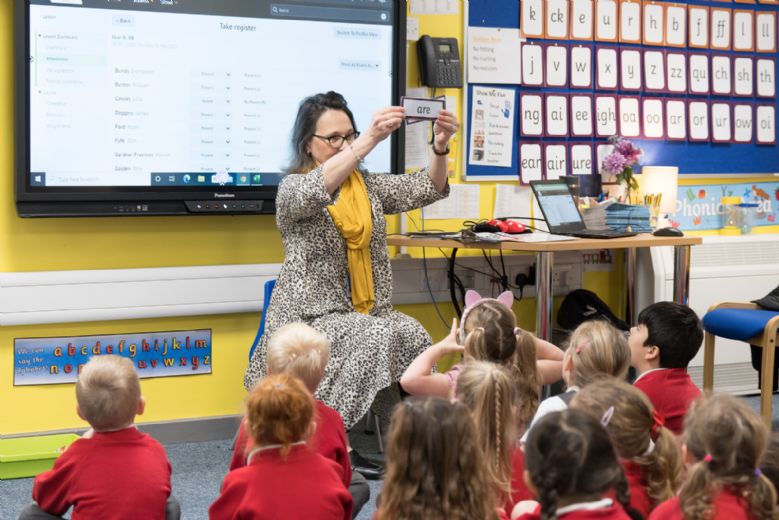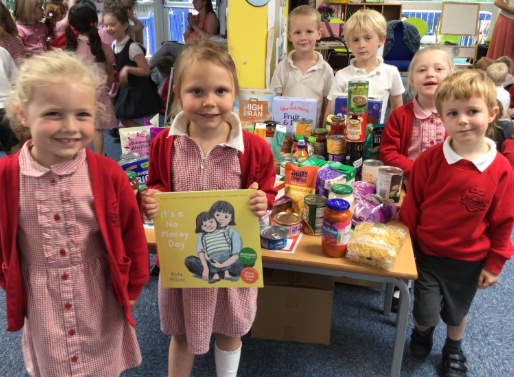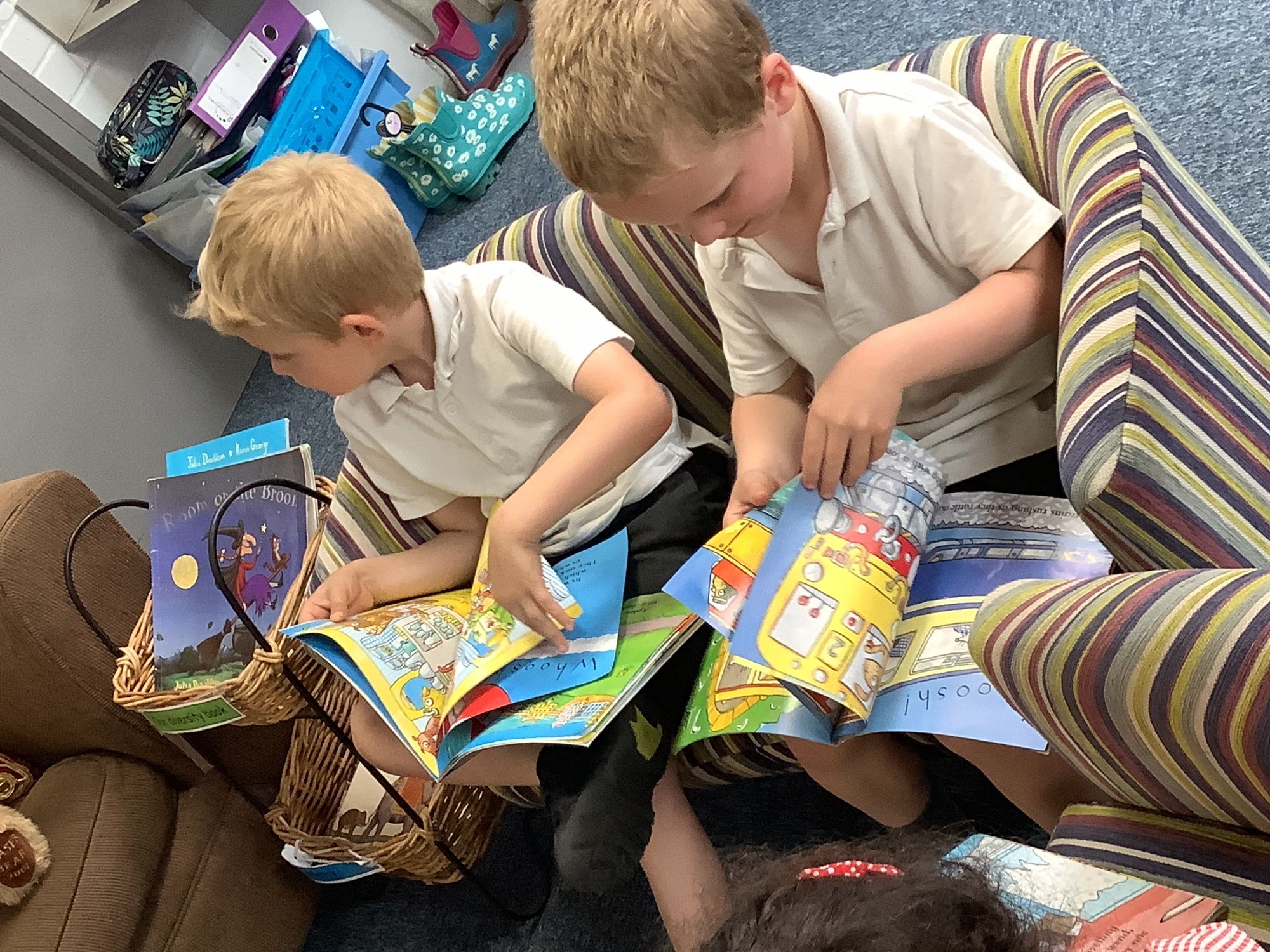English
Welcome to English: 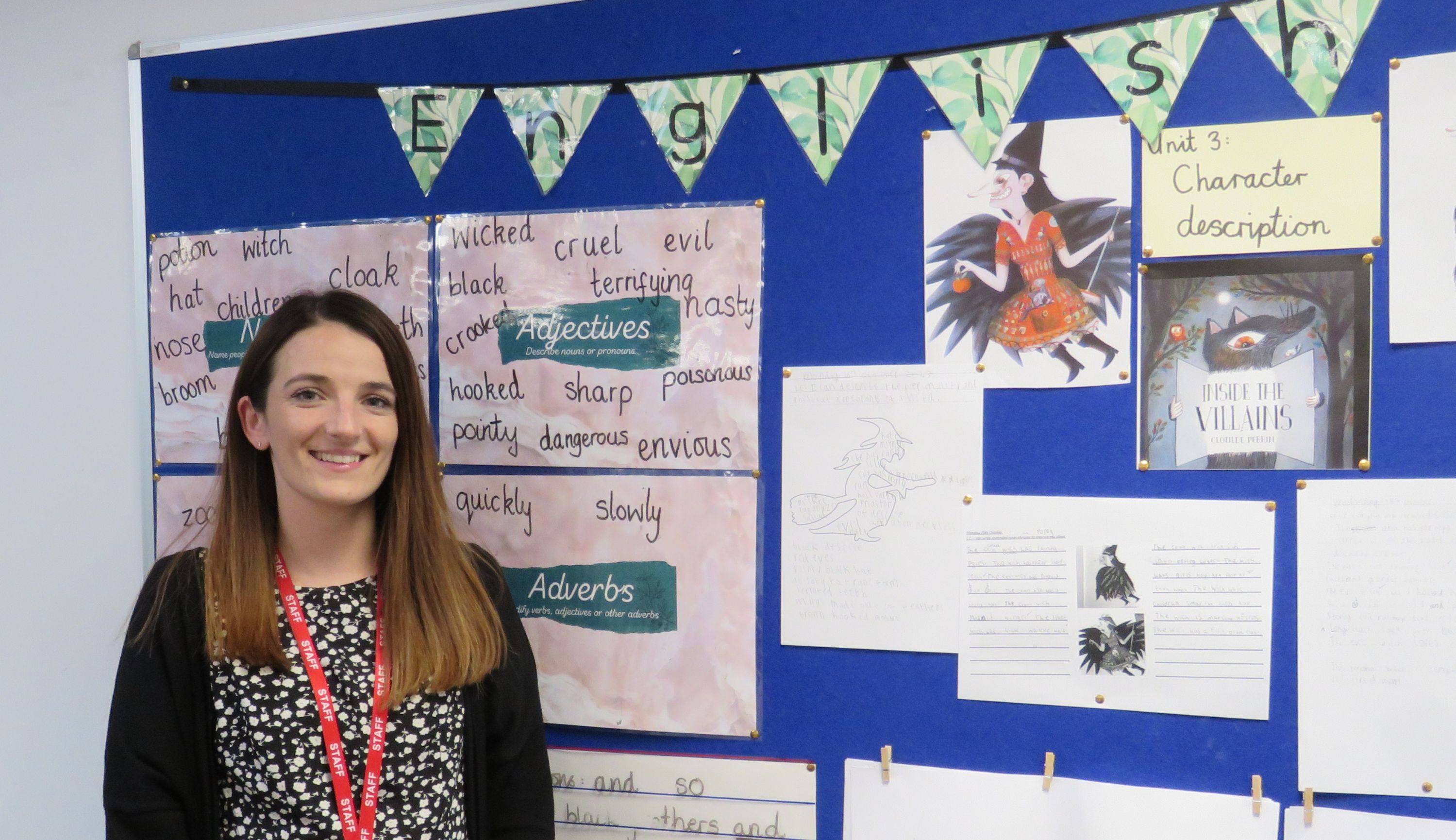
Subject Coordinator: Mrs Rathmell
Contact: hannah.rathmell@bramhopeprimaryschool.co.uk
At Bramhope Primary School we nurture pupils to become fluent and inspired readers and clear and creative writers.
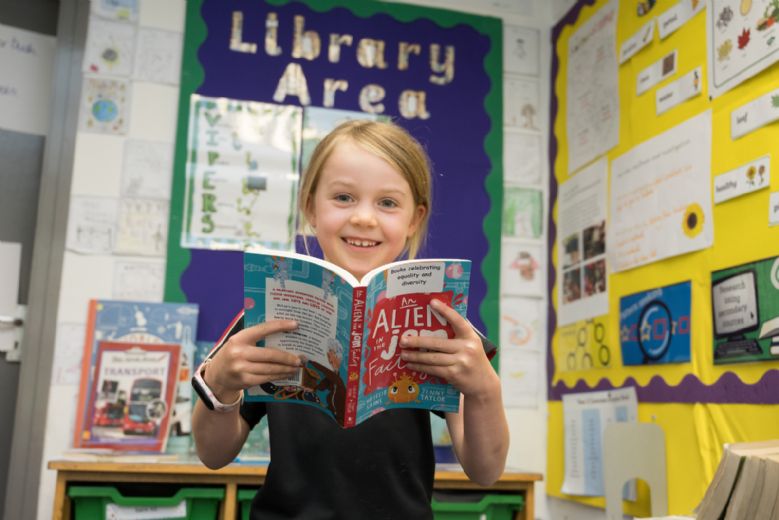
Reading enables pupils to acquire knowledge.
books
At Bramhope, we see books as both mirrors and windows.
Books as mirrors:
- These books reflect children’s realities and help them explore their own identity.
Books as windows:
- These books open up the rest of the world to children.
We place a high priority on reading as it allows children access to the rest of the curriculum through books that they can read.
To understand more about reading at Bramhope, please use the links in the left-hand column.
An example of how we use books as 'windows' to learn about others.
In Reception, we have been reading the book ‘It’s a no money day’, about a mum and daughter who use a food bank. To help our children understand what a food bank is and how it works, we asked Mary to visit the class and talk about Leeds Food Bank. We made a food collection point in the classroom and the children have been really keen to bring a donation in.
What makes English different at Bramhope?
At Bramhope Primary School, we have developed our English curriculum in line with our school aims:
BELONG: We seek out books which promote and celebrate equality and diversity. We ensure that everyone feels connected and represented in the books that we read. We also acknowledge that there are many cultures which Bramhope pupils may have limited experience of, and so we address this by sharing books which broaden their knowledge of all cultures.
We seek out opportunities to use writing to promote and celebrate equality and diversity. We ensure that everyone feels that their voice is valued.
BE YOUR BEST: We have a highly ambitious reading curriculum where we have identified high-quality books for pupils to read. Through reading, we ensure pupils reach their potential in all subjects in the curriculum.
We have a highly ambitious writing curriculum to ensure pupils reach their potential.
BE BRAMHOPE: Through our choice of reading material we help pupils to develop their own spiritual, social, moral and cultural values. We then guide pupils to use the vehicle of writing to express their own views.
We nurture inspired and fluent readers and writers who are proud of their own identities and can use reading and writing to engage with their World.
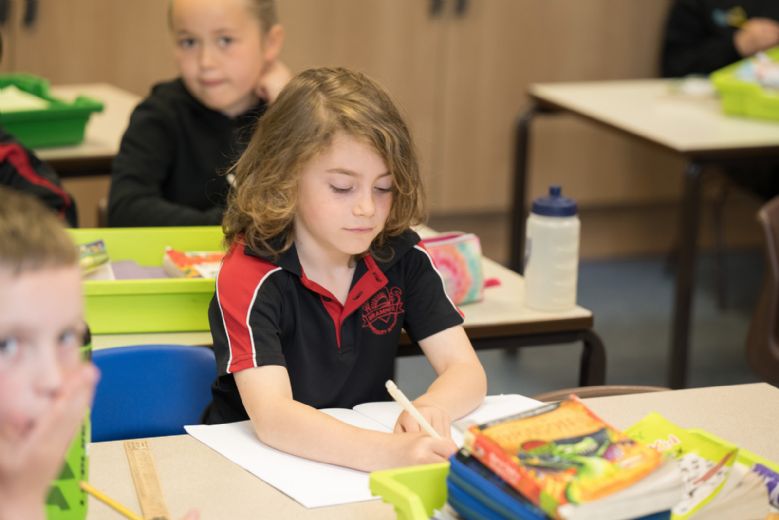
What are the lessons like?
Teachers follow our Bramhope reading teaching sequence, which includes the following:
- Teachers modelling how to read aloud.
- Clear explanation and teaching of reading skills.
- Vocabulary teaching.
- Focus on reading with prosody and expression.
- Teaching comprehension skills.
Throughout school, we enthuse about books and reading of all kinds. We promote good habits to support reading. These include:
- Parents and carers read aloud to children throughout the primary phase.
- Teachers share favourite books, characters and texts.
- Teachers regularly, frequently and skilfully read aloud to their class.
- Choosing texts which make valuable links between different areas of the curriculum.
- Promoting frequent ring-fenced time for reading.
- Guiding children in their choice of reading material.
- Using ‘Reading Champions’ to promote reading and influence the choice of books in school.
- Encouraging a ‘mixed-diet’ of high quality reading materials, including poetry and non-fiction.
- Each year group has a carefully selected pack of books which celebrate equality and diversity.
- Hosting celebratory days such as World Book Days
- Praising and rewarding children who read regularly –for example, reading with Noodle the dog.
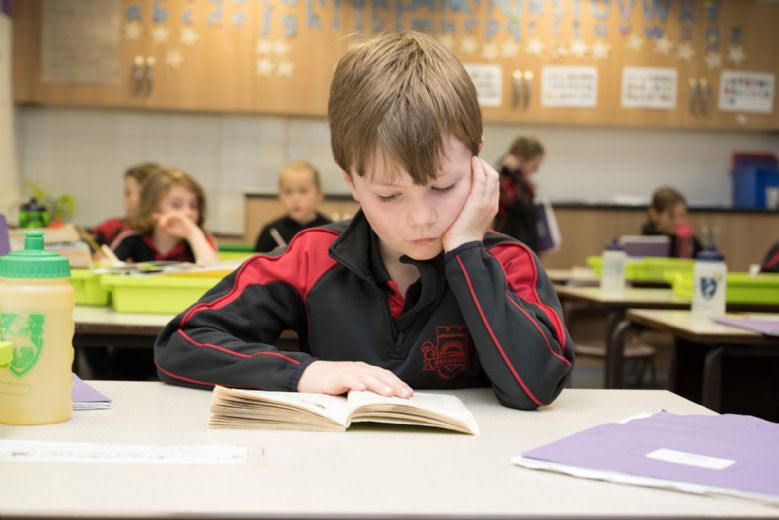
At Bramhope Primary School, writing is taught daily following the national curriculum. We have based our curriculum on the following four purposes of writing:
Entertain: To entertain the reader often by evoking an emotional response. To write to capture and hold the attention of the reader, making them feel happy, sad etc.
Inform: To explain, instruct and to give information to the reader.
Persuade: To argue a particular point of view to convince and persuade the reader.
Discuss: To present arguments and information from different viewpoints to help the reader draw conclusions based on the evidence.
We carefully choose high quality texts to help inspire our English work.
The systematic teaching of phonics has a high priority throughout Reception and Key Stage 1 and is delivered as an intervention thereafter. Staff in Reception and KS1 systematically teach pupils the relationship between sounds (phonemes) and the written spelling patterns (graphemes) which represent them. Phonics is taught daily to all children in Reception and KS1.
The phonics programme we use is called Read Write Inc.
Please click on links in the left-hand column on this page to view our approach to reading and writing.
What Do We Mean By Progress?
Our reading and writing curriculum is designed to build on prior knowledge and skills.
As pupils progress through the primary stage, they will become fluent readers and writers. As they develop, they will be able to read and write increasingly complex pieces of writing. They will become increasingly confident in understanding what they are reading and will be able to develop their own tool kit for writing for different purposes.
Pupils will be able to read age-appropriate texts fluently and with good comprehension. They will develop a love of literature and make informed choices about what they read.
What do we mean by assessment?
Phonics
We closely track children’s progress in learning to read. Initially, this is through detailed knowledge of each pupil’s acquisition of phonological knowledge. Attainment in phonics is measured by the Phonics Screening Check at the end of Year 1. Children are retested in Year 2 if they do not pass. Our priority is to ensure children have secure phonic knowledge and the necessary skills to support them in accessing the next stage of the curriculum.
Children’s attainment in reading is then measured using a variety of strategies including termly NFER (National Foundation for Educational Research) reading tests.
Teachers and TAs also make frequent assessments as they hear children reading aloud in whole-class sessions, small groups and individually. Children who require additional support are quickly identified and our least able readers are given additional opportunities to read aloud. Reading interventions are most frequently carried out individually or in small groups.
Writing is assessed regularly using our writing assessment checklists. These help teachers to assess if pupils are meeting age related expectations and to understand writers' next steps.
Curriculum Documents & useful links
